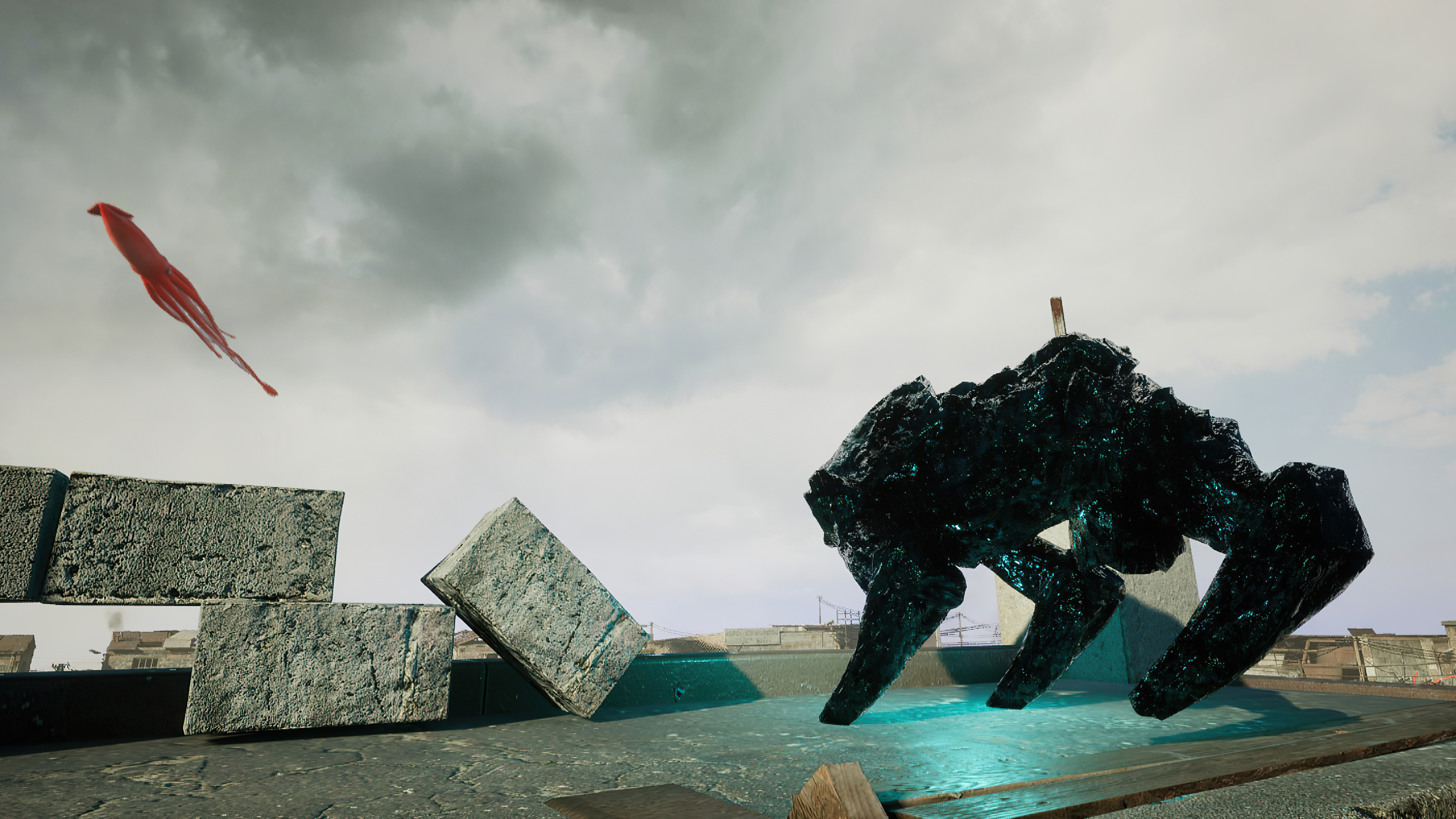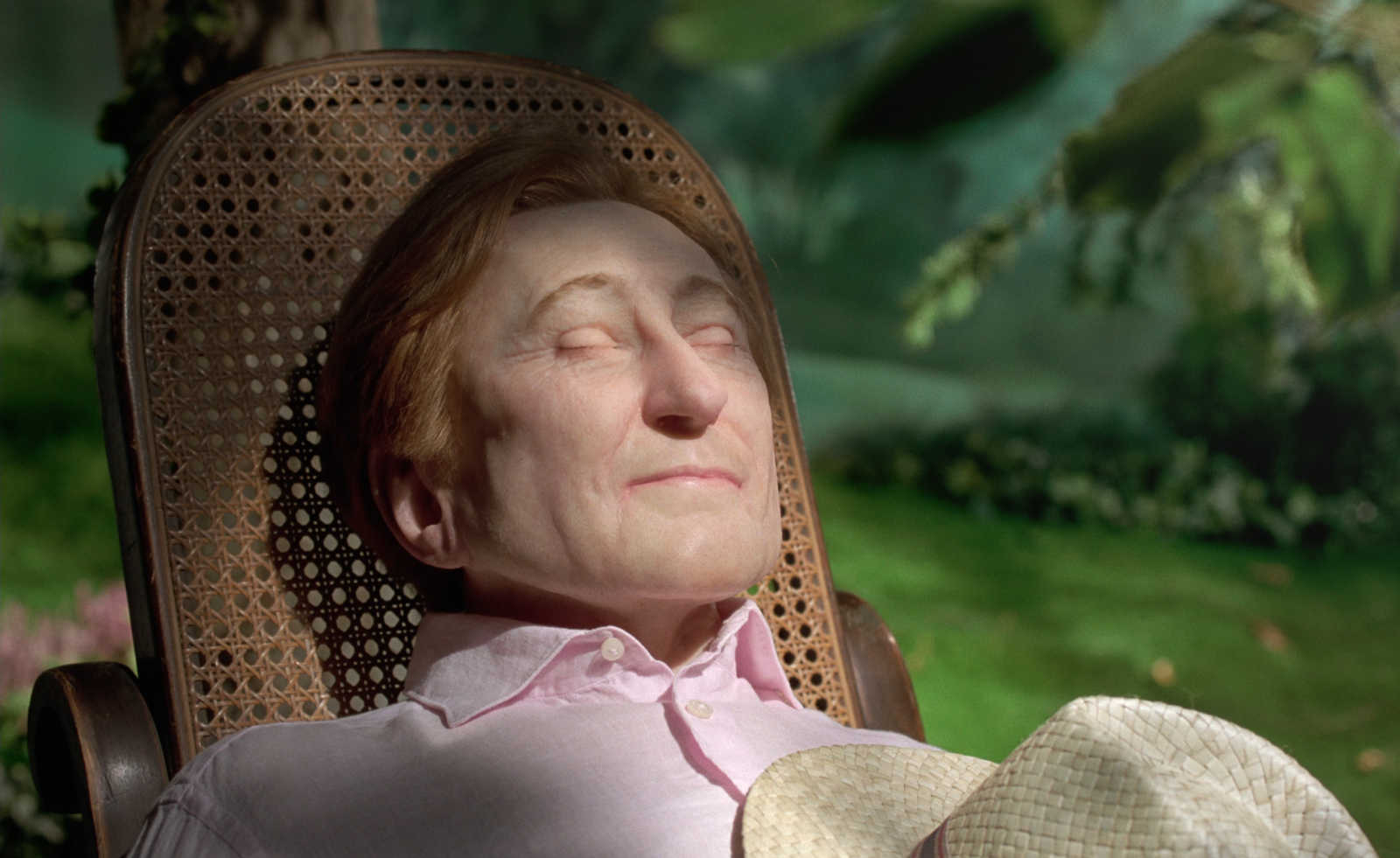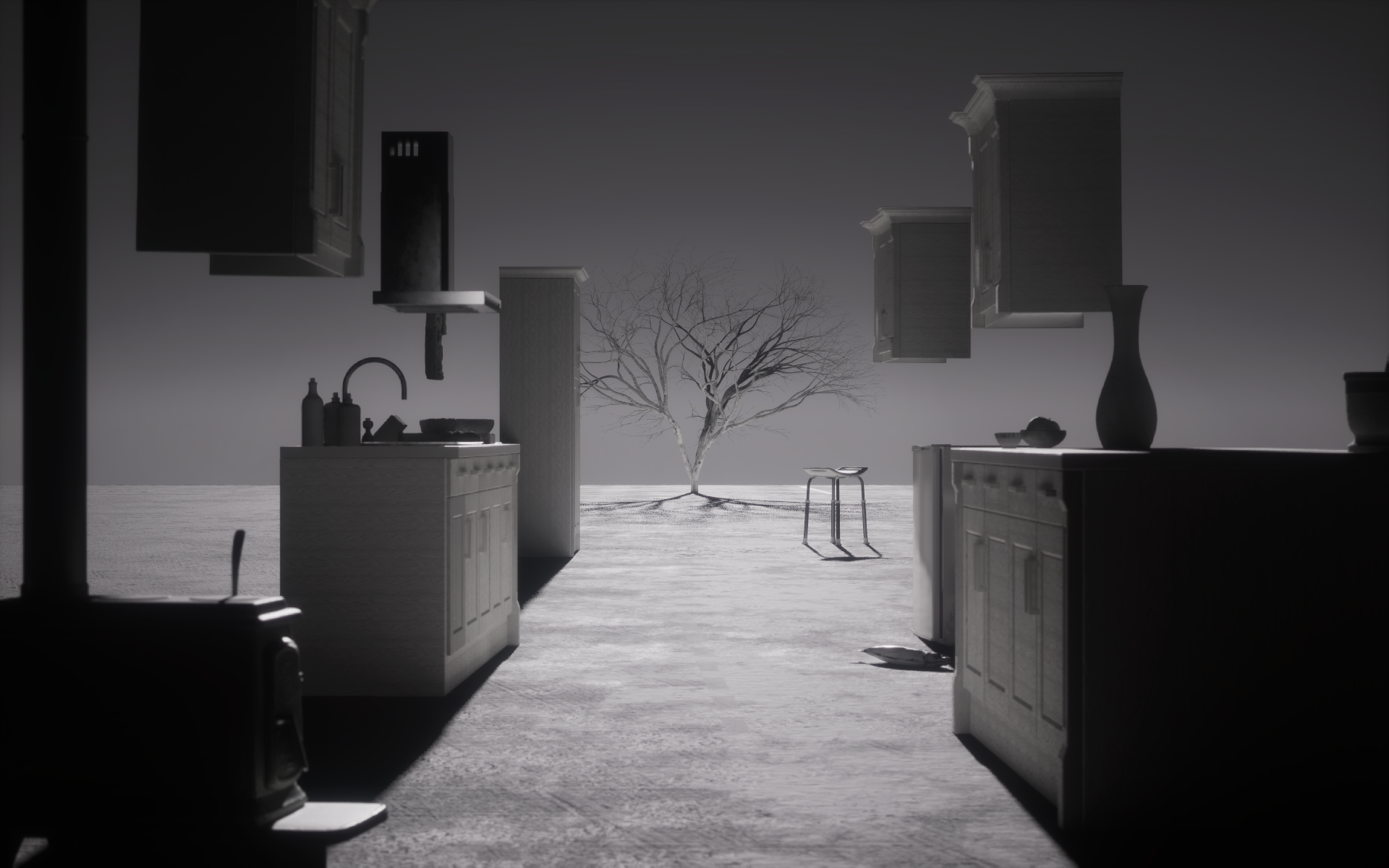Artists consider the cosmic movie camera at Biennial de l’Image En Movement 2024
Director of Centre d’art Contemporain Genève, Andrea Bellini, has collaborated with writer, curator and specialist in art and technology, Nora N. Khan, on this year's Biennial

Receive our daily digest of inspiration, escapism and design stories from around the world direct to your inbox.
You are now subscribed
Your newsletter sign-up was successful
Want to add more newsletters?

Daily (Mon-Sun)
Daily Digest
Sign up for global news and reviews, a Wallpaper* take on architecture, design, art & culture, fashion & beauty, travel, tech, watches & jewellery and more.

Monthly, coming soon
The Rundown
A design-minded take on the world of style from Wallpaper* fashion features editor Jack Moss, from global runway shows to insider news and emerging trends.

Monthly, coming soon
The Design File
A closer look at the people and places shaping design, from inspiring interiors to exceptional products, in an expert edit by Wallpaper* global design director Hugo Macdonald.
A Cosmic Movie Camera is an infinite light trap or the photon ring around a black hole. What at first appears to be one ring is in fact many, which become increasingly thinner as they become smaller and closer to the hole itself. We are to think of each light ring as an artists practice surrounding and illuminating the central theme of the biennial.
Each biennial, director of Centre d’art Contemporain Genève, Andrea Bellini, collaborates with a different international curator, the last one being the New York collective DIS. For this edition of BIM tackling the theme of AI in art, he worked with writer, curator and specialist in art and technology, Nora N. Khan.
“For each edition of the Biennale, I look for curators who are interested in different aspects of the moving image,” Bellini told Wallpaper*. ”This is what makes the Biennale a meta-discourse on the different directions this medium is taking. In short, we do not start from scratch each time, as is the case with all other biennales, but we take different paths for each edition of the exhibition.”
The newly commissioned works include artists Sahej Rahal, American Artist, Aziz Hazara, Jenna Sutela, Shuang Li, Alfaith and Diego Marcon.

American Artist, Yannis Window, 2024. Projection sculpturale, vidéo 4K monocanal avec son, 21’32''. Courtesy de l’artiste & Centre d’Art Contemporain Genève pour la BIM’24
Khan specialises in digital culture and the philosophy of emerging and existing technologies, making her the ideal steward for this fast paced and complex area of visual art. Mixing game design with installation, film conceptual art and a mixture of all of the above, BIM gives us a glimpse of what is going on in multifaceted technology meeting the visual arts. The results include everything from the geopolitical and downright warmongering, to astral game-spaces and ancient technologies such as astrology and the variable outcomes of a pack of tarot cards. The biennial asks us: what is our relationship with AI today and what is truly cutting edge?
“Whereas three years ago, when we started planning this edition, I knew it was time to take stock of the question of the relationship between art and artificial intelligence, between the moving image and new technologies,” Bellini explains. “That is why I invited Nora Khan to work with us; she is one of the most interesting curators and theorists addressing this issue at the moment.”

Diego Marcon, La Gola, 2024. Vidéo numérique transférée à partir d'un film 35 mm, animation CGI, couleur, son, 22’22’’
Courtesy the artist, Sadie Coles HQ, London, Kunstverein Hamburg, Kunsthalle Wien, and Centre d’Art Contemporain Genève pour la BIM’24
Lawrence Lek presents us with ‘Empty Rider.' An autonomous car on trial for kidnap and attempted murder, the car decides to represent itself, but no verdict can be given as there is no man or machine capable of deciding on the car’s plea of ‘empty rider’, or a technological rogue state. Interspecifics a ‘nomadic multispecies collectivity experimenting in the intersection between art and science’, showing a series of AI developed organisms, created over time using layers of self-generated data. ‘Codex Virtualis_Emergence 0.1’ is shown alongside the mathematical diagrams that visually breakdown and somewhat simplify the science behind the glowing totems containing what appear to the uninitiated to be organic forms.
Receive our daily digest of inspiration, escapism and design stories from around the world direct to your inbox.
‘No Space for Redemption?’ (2023) by Danielle Braithwaite-Shirley is a chaotic socio-political multiplayer, multiscreen game which can be interrupted at any time by someone hitting a button. This choose your own adventure themed work is a rollercoaster that melds humour with a strong political message.
As AI seems to develop faster than we can keep up with, the cut-off date for the submission of work was just six weeks before BIM opened. This means that many of the works on view are dealing with issues from the last few months and tackle issues of AI in terms of displacement, war and battle.
Basel Abbas & Ruanne Abou-Rahme’s ‘Postscript: After Everything is Redacted‘ adds to ‘May Amnesia Never Kiss Us on the Mouth’, which has been a decade in the making. The multidimensional film and digital work deals with a permanent state of mourning for the states of war and destruction in Palestine, Syria, Yemen and Iraq through film, poetry, song and dance. This is a deep, emotive and highly accomplished work that layers videos and sound through a complex combination of screens, sculpture and speakers in a way that becomes immersive as the layers build.

Alfatih, A Way Out of Time, 2024. Landau, vidéo en temps réel de durée variable, personnel présent en permanence | Bande son de Tapiwa Svosve. Courtesy de l’artiste & Centre d’Art Contemporain Genève pour la BIM’24
Emmanuel Van der Auwera’s ‘Gospel’ takes its name from the battle software used in the Ukraine and in Gaza, which targets missiles using AI. The software identifies objects on a screen reflected in a huge mirror which is interspersed with other AI generated footage, including conversations with the infamous and prolific AI chatbot ‘girlfriend’ Caryn.
“All the works in the show are indeed very complex - this is true from an installation point of view, too! – but ever since I decided to turn the biennale into a production platform, I’ve made it a rule to never say no. It’s certainly very tiring for me and the whole team, but it absolutely brings results. We allow artists to realise the projects they have in mind without making them compromise in any way,” Bellini explains.
Lauren Lee McCarthy’s ‘Saliva Retreat’, 2024, introduces us to a saliva exchange, raising the question: “who would you be happy to share a vial of saliva with?”. If we view saliva as genetic material, DNA, as well as a bodily fluid you share when you kiss another person, then swapping saliva becomes more a complex and challenging decision. We see people discuss this decision at a speed dating party in Los Angeles as we sit in a luxe yet sterile room on comfy chairs and sofas, all white. It all suddenly feels very serious as the party goers prepare to swap vials. Some do, and some don’t.
“One of the fabulous things about working with Nora was that we both understood the importance of accompanying the artists without pretending to direct them. I learned so much from her—certainly more than she learned from me,” said Bellini of his collaboration with Khan.
The fifteen works in the biennial are all new commissions or have newly commissioned elements ranging from the highly gamified and the mathematical to the deeply emotional and the humanitarian, illustrating the many different ways AI is already involved in our lives. Cosmic Movie Camera combines the comic and absurd with the intellectually challenging and tragic aspects of AI technology and how we are using it, bringing us an educative and fun, experiential exhibition.
The biennial is on view at the Centre d’Art Contemprain Genève until 16th May 2024 and in a virtual exhibition online here.
Amah-Rose Abrams is a British writer, editor and broadcaster covering arts and culture based in London. In her decade plus career she has covered and broken arts stories all over the world and has interviewed artists including Marina Abramovic, Nan Goldin, Ai Weiwei, Lubaina Himid and Herzog & de Meuron. She has also worked in content strategy and production.